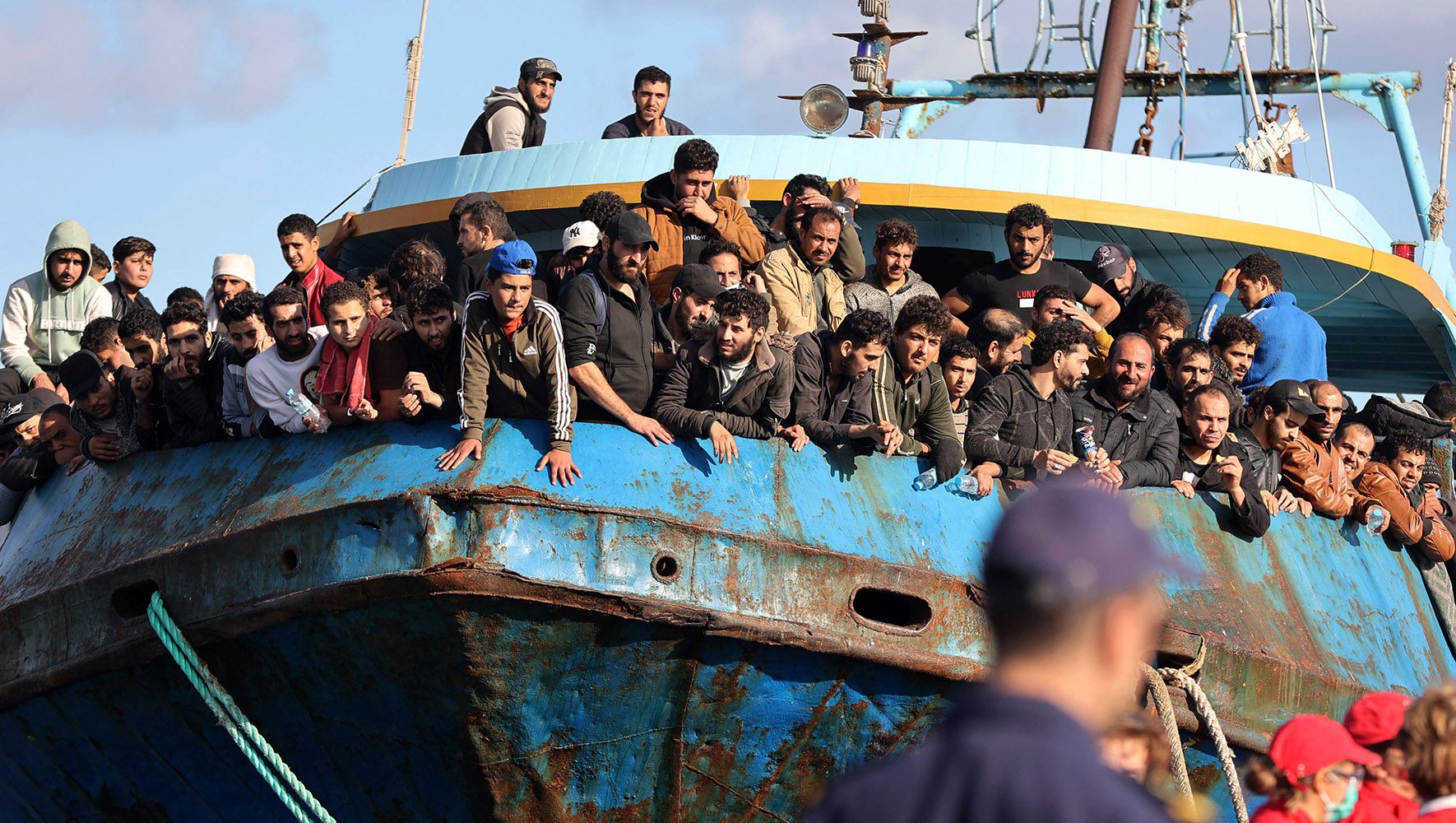
Greece Acts To Accelerate Returns And Toughen Penalties For Rejected Asylum Seekers
Greece is drafting laws that will impose harsher sanctions on asylum applicants who are denied entry.
Prime Minister Kyriakos Mitsotakis introduced new laws Wednesday that would expedite the return of rejected asylum seekers to their home countries and impose harsher fines. In the face of constant demand to secure its borders and control unauthorized immigration, the proposed measures represent a dramatic change in the nation’s migration policy.
The draft law would impose “heavier penalties” on those who enter Greece illegally or stay in the country after their asylum petitions have been rejected, Mitsotakis said during a cabinet meeting. He added that, subject to parliamentary approval, the law seeks to establish a “more effective and fair mechanism” for repatriating migrants to their home countries.
Nearly ten years after the 2015–2016 crisis, when more than a million people fled violence and poverty in the Middle East and Africa and entered Europe, many of them via Greek territory, Greece is still struggling with migration issues. Despite a sharp decline in total arrivals in recent years, migration is still a contentious political topic in Greece.
The government claims that, particularly along the country’s eastern land border with Turkey, migrant flows to Greece have decreased by 30% in the first four months of 2025 as compared to the same period the previous year. But a new smuggling route from Libya to the islands of Crete and Gavdos has seen a sharp increase in marine landings, placing strain on local authorities and resources.
There are requests for quicker processing and returns because thousands of rejected asylum seekers are still stuck in Greece. The European Commission recently suggested reforms to European law that would let member states to deport people to third countries that the bloc deems safe, even if such nations are not the applicants’ places of origin, in response to growing issues throughout the EU.
As the European debate over the best way to manage migrant flows continues, Mitsotakis’ government has promised to find a balance between enforcing stronger limits on irregular migration and honoring international obligations.
All Categories
Recent Posts
Tags
+13162306000
zoneyetu@yahoo.com



